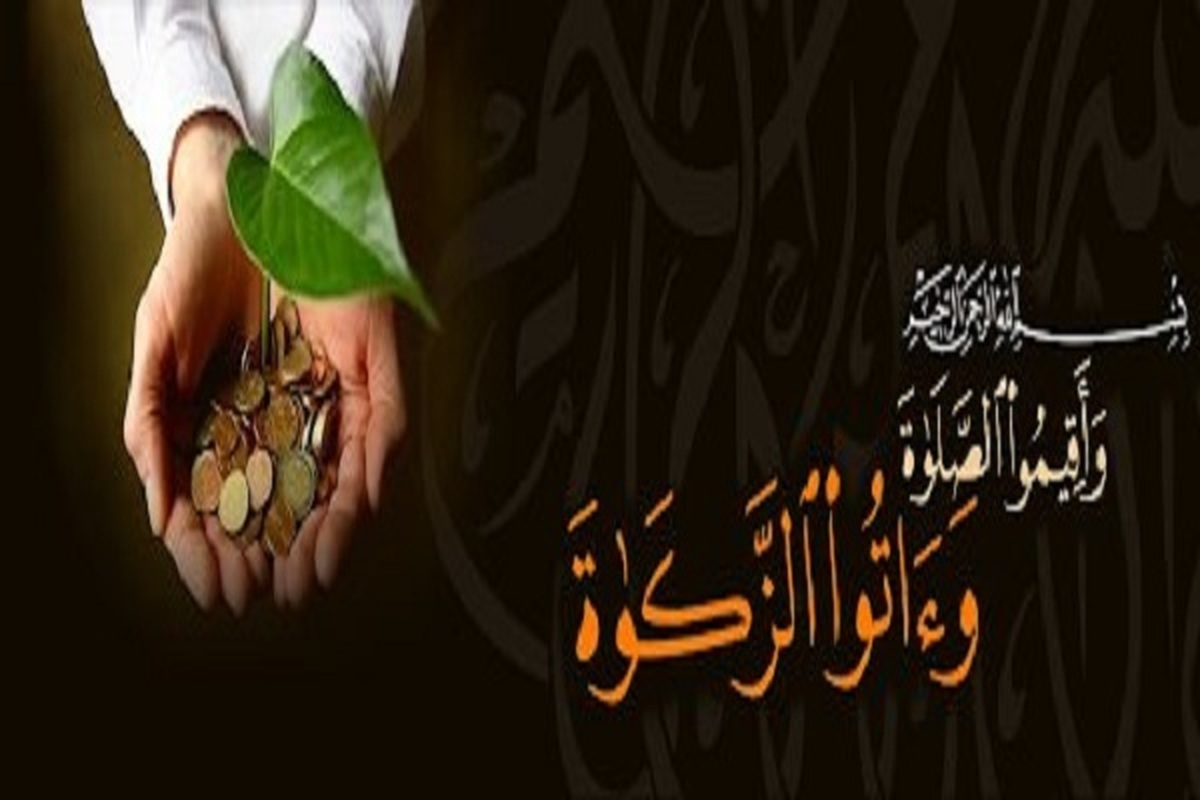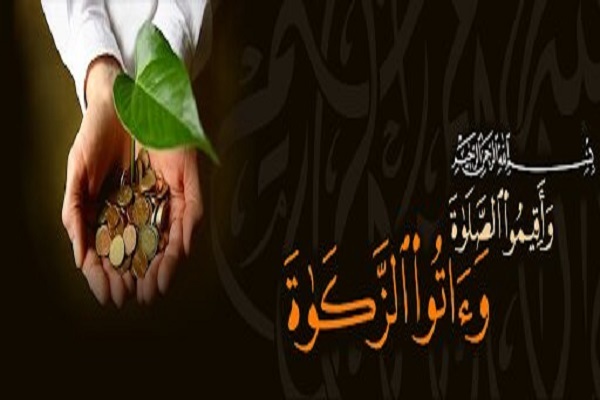Intermingling of Economy and Ethics


The Friday prayers, as an act of worship, is also a political gesture.
Islam pays close attention to moral, emotional, social and political issues even in the field of Jihad.
In an Islamic system, the relation between the people and the divine leader is one of greeting and Salawat. God orders people to venerate the Holy Prophet (PBUH):
“Allah and His angels praise and venerate the Prophet. Believers, praise and venerate him and pronounce peace upon him in abundance.” (Verse 56 of Surah Al-Ahzab)
God also orders praying for those who pay Zakat:
“Take alms out of their property, you would cleanse them and purify them thereby, and pray for them; surely your prayer is a relief to them; and Allah is Hearing, Knowing.” (Verse 103 of Surah At-Tawbah)
In Islam, some says are Eids, during which people not only celebrate and congratulate one another on the occasion but also help those in need via distributing sacrificed animals’ meat on Eid al-Adha and paying Fitriya Zakat on Eid al-Fitr.
Islam is such a comprehensive religion that in the religion even eating and drinking are purposeful.
In the Quran, the word Kulu (eat) is accompanied by various commands:
Kulu … wa La Tasrifu “Eat and drink, and do not waste.” (Verse 31 of Surah Al-Aaraf)
Kulu … wa Ashkuru “… eat of the good with which We have provided you and give thanks to Allah.” (Verse 172 of Surah Al-Baqarah)
Kulu … wa Aamalu Salihan “ Eat of that which is good and do good deeds.” (Verse 51 of Surah Al-Muminun)
Kulu … wa la Tatghu fih “Eat of the good things with which We have provided you and do not transgress therein.” (Verse 81 of Surah Taha)
Kulu … wa Atu Haqqa “You may eat their fruits that they produce but pay God's share on the harvest day.” (Verse 141 of Surah Al-Anaam)
Kulu… Ita’amu “… eat of them and feed the distressed one, the needy.” (Verse 28 of Surah Al-Hajj)
So Islam offers comprehensive commands regarding all aspects of life and urges moderation and refusing to go to extremes in every deed.
As for Khums and Zakat, they are Islamic taxes but there are many intricacies in them that makes them different from the taxes elsewhere. In Islamic rules, attention is paid to all aspects:
What kind of property and revenue is subject to Khums and Zakat?
What amount of property or revenue will make it necessary for one to pay Khums and Zakat?
Who will calculate the belongings for determining the amount of Khums and Zakat? The one who pays them or the one who receives them?
What should be the intention of the one who pays Khums and Zakat and how he should pay them?
How we should make people interested in paying Khums and Zakat?
What qualities should those who collect Khums and Zakat have and how should they go to people and encourage them to pay the Islamic taxes?
These and many other questions differentiate Khums and Zakat from other taxes in the world.
A comparison between them reveals that Islamic rules are nothing short of miracles.


